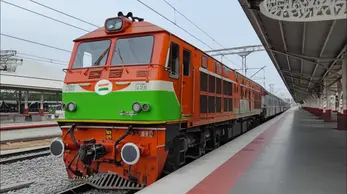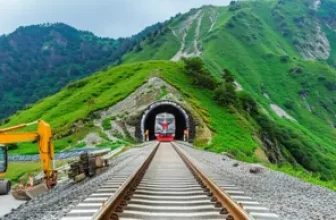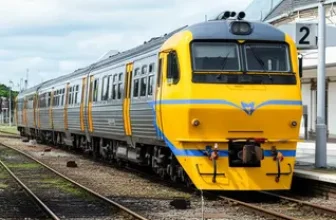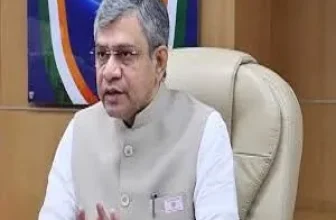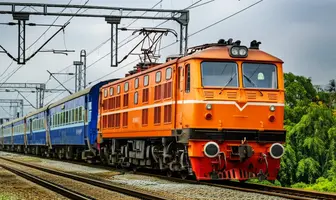
In an unprecedented show of unity, the All India Railwaymen’s Federation (AIRF) announced on Friday that railway workers are prepared to work overtime without additional compensation. This commitment comes at a time of heightened tensions between India and Pakistan, as the nation braces for potential escalations in conflict.
Shiv Gopal Mishra, the General Secretary of AIRF, articulated the railway workers’ pledge, stating, “Railway workers stand with the nation. We will work overtime without asking for additional pay if the need arises.” Mishra’s declaration reflects a historical trend wherein railway employees have actively supported the country’s defense efforts during times of war, ensuring that transportation remains continuous and infrastructure is promptly repaired.
The implications of this commitment are profound in the context of national security. Railways serve as a critical lifeline for both civilian and military logistics, often dubbed as “India’s second line of defense.” Mishra emphasized the importance of uninterrupted train services, which play a vital role in supporting military operations and maintaining supply chains across the country.
As tensions escalated following recent military actions, including the reported downing of a Pakistani Air Force jet by Indian air defenses in Pathankot, the railway workforce’s proactive stance underscores a remarkable solidarity among workers during critical national junctures. This willingness to sacrifice personal trade-offs for the larger good demonstrates the vibrant spirit of unity that persists among Indians in times of crisis.
Recent discussions between unions and the Railway Board have focused on contingency plans to ensure the seamless operation of rail services should the ongoing conflict escalate further. Mishra reassured the public, stating, “There will be no interruptions in supply chains,” invoking confidence in the ability of railway workers to maintain effective operations even in the face of adversity.
Such initiatives by railway employees also raise questions about how labor movements can position themselves during national emergencies. The AIRF’s decision to offer free labor can be interpreted as a strategic alignment with national interest, marking a unique collaboration between workers’ rights and patriotic duty.
Many experts in labor relations note the importance of showing solidarity. This gesture embodies a shared commitment to the nation’s well-being and highlights the potential role of labor unions in reinforcing stability during turbulent times. By prioritizing national interests over personal gains, railway workers are setting a remarkable precedent for other industries to follow.
However, there are concerns about the implications of such support. Working extensively without appropriate compensation can lead to worker fatigue and potential long-term impacts on morale and productivity. Activists and labor rights advocates may view this pledge with cautious optimism, recognizing the dangers of normalizing unpaid overtime in the workforce.
As India remains on high alert, evaluating “who’s on leave, what’s shut, and emergency measures,” the role of the railway workers becomes even more pivotal in safeguarding national interests and ensuring the flow of resources is maintained. Their unwavering resolve showcases a connectedness among citizens that transcends everyday pursuits, revealing an innate readiness to respond to uncertainty.
As the situation evolves, it will be crucial to monitor both the impact of this decision on railway operations and the broader socio-economic landscape. The battlefronts are not limited to mere military engagements; they extend to sustaining the spirit of collaboration and national unity among the populace. Railway workers are stepping to the forefront, and their collective actions could very well influence the narrative of resilience during this critical time.

